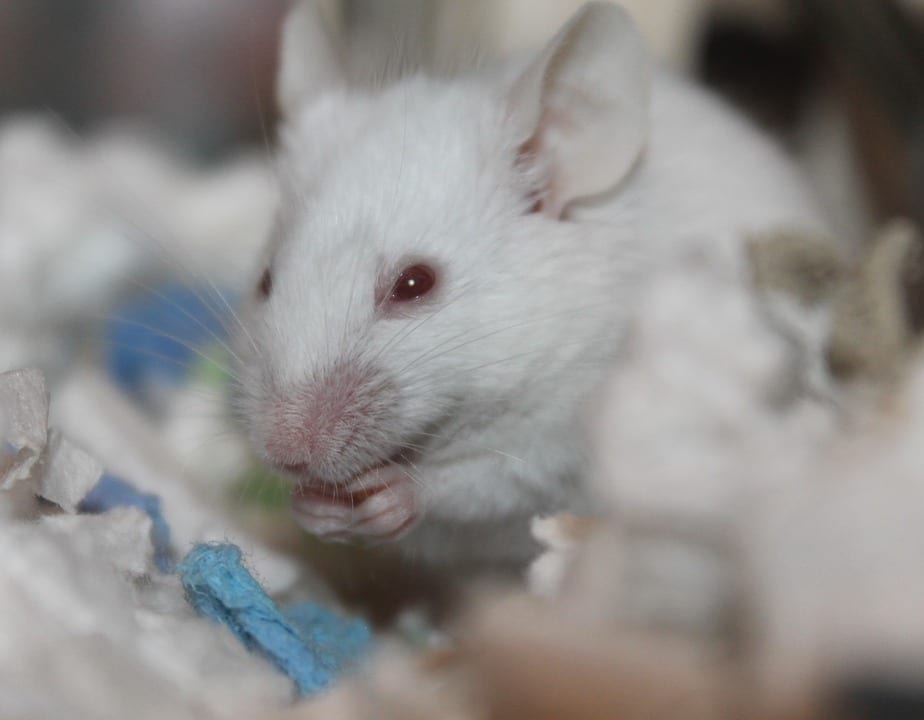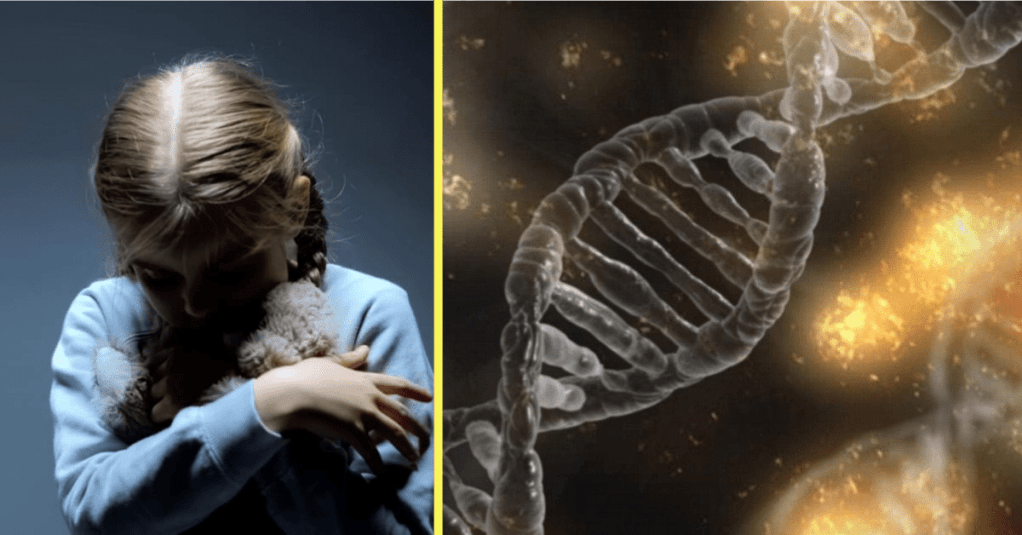One of the most fascinating angles science has recently taken is following the idea that trauma can be handed down through one’s genetics. It could explain so much about how the grandchildren of Holocaust survivors seem to have actual memories of their time in concentration camps, and the legacy of slavery in the United States.
What if trauma, stamped on our ancestors as children and young adults, affects us in ways we never imagined?
That’s the question this new study looks to further answer, and I’ve gotta say, I am here for all of it.

Image Credit: iStock
In recent years, evidence has been mounting to support the theory that trauma can be passed down to people’s offspring. It’s been posited to affect the mental and physical health of future generations, like in the way the children of Holocaust survivors are statistically more likely to experience severe schizophrenia.
It had never been crystal clear how the signals triggered by traumatic experience become “imprinted” on reproductive cells, and since there’s a multitude of biological and chemical factors that inspire change, it’s been a long row to hoe.
Now, though, scientists from the University of Zurich have published findings in the EMBO Journal that claim to help explain exactly how early life trauma might be passed down through changes that occur in the blood.

Image Credit: Pixabay
Their findings confirm their hypothesis that blood delivers stress signals to reproductive cells, which then pass on the legacy of trauma to the next generation.
The researchers compared the blood of mice that experienced early life trauma with the blood of control mice, and noted significant differences in lipid metabolism. The blood of the traumatized mice showed way higher levels of certain polyunsaturated fatty acids metabolites.
Those same changes were found in their offspring.
To further prove their hypothesis, the scientists infected the serum of traumatized male mice into non-traumatized male mice and found the same changes were present in the latter. This strongly suggests the changes in the blood also affects sperm cells, and therefore helps inform the creation of the next generation.
They then moved on to studying 25 children in a Pakistani orphanage. All had lost both parents, either through death or separation, and the researchers found the traumatized children’s blood and saliva samples had higher levels of lipid metabolites compared to “normal” children of the same age.
Next, the scientists wanted to see if they could find the molecular mechanism that makes this process possible, and found that PPAR, a surface receptor on cells that helps regulate gene expression in many different tissues, becomes upregulated in the sperm of traumatized males.
The researchers involved hope their findings will encourage more research, and more and different treatment programs for people who experienced tough childhoods in one way or another.
Isabelle Mansuy, one of the authors, released a statement.
“These findings are extremely important for medicine, as this is the first time that a connection between early trauma and metabolic disorders in descendants is characterized.
Our findings demonstrate that early trauma influences both mental and physical health in adulthood and across generations, which can be seen in factors like lipid metabolism and glucose levels.
This is rarely taken into consideration in clinical settings.”
If findings like these continue to be replicated and expanded upon, it could change and shape the conversation around trauma and not only how it affects individuals and individual families, but whole populations that have been collectively traumatized.
The results are far-reaching and fascinating, and personally, I can’t wait to learn more.







